7-year-old Female – Tired, Shy, Stomach Hurts
When Regina came to see me in February, she looked like a healthy seven-year-old female. I asked her mother why she thought Regina needed my help. To which her mother replied “Regina always seems tired, really quiet, and her stomach hurts. She seems really shy, but is that normal? The doctors checked her for mono and Lyme disease, but nothing came up positive. Can you help her?” I replied that I would need to see her blood tests and do my own Nutrition Response Testing exam, but I would try to help her.
What Her Previous Blood Tests Showed
I looked at her bloodwork and noticed that Regina had indeed tested negative for mono and Lyme disease. However, on her blood tests, which were very basic and not that complete, you could tell that Regina had high-normal white blood cells, and low-normal hemoglobin, hematocrit, and increased red blood cell distribution width. These three lab test would be consistent with subclinical anemia, and subclinical iron deficiency, along with subclinical B vitamin deficiency, but they weren’t quite definitive. She also had low normal iron, ferritin, and iron saturation, all tests consistent with iron deficiency. I asked Regina’s mother, “why didn’t they look into this further?” To which she replied, “I don’t know!” So, I decided to run a more extensive blood panel to test my theory. Could it be that Regina was just very iron deficient? Could it really be that easy and simple? I had a hard time believing it, so I decided to order the test.
The Case of the Missing Lab Tests
When I got the results of the lab tests, it was worse than I thought. Regina had low hemoglobin, low mean corpuscular hemoglobin, low mean corpuscular hemoglobin concentration, low normal red blood cell distribution width, low normal red blood cells, low white blood cells, and a white blood cell pattern indicating possible chronic infection. She also had even lower iron saturation, ferritin, and iron. The iron saturation was so low that I even got a red alert sent to me by the lab! Most people don’t know what these all mean, but to sum it up, these tests all point towards severe iron deficiency. And the thing causing all this? Extremely low iron, and iron saturation.
It’s Simple Nutritional Deficiency…Again!
To understand Regina‘s case, you have to understand that before someone becomes anemic, their body will deplete their iron stores in an effort to keep up the production of red blood cells. Regina‘s body had expended all of its iron in an effort to keep up red blood cell production, as well as white blood cell production, and was actually running out of raw materials to make red blood cells. No wonder she was so tired! All we had to do was give her liquid chelated iron, and some immune system supplements, and she started feeling better immediately.
Too Many Simple Cases Being Missed for Lack of Proper Testing
The big question though, is why was this missed? To be honest, I don’t know. Were the doctors just waiting for her to get worse before they’d do anything? The same patterns that I saw with her bloodwork were also evident in the blood test she had run by her medical doctor previously. I can’t fathom why they did not know that Regina was simply iron deficient and do something about it. It blows my mind. One thing I can tell you, however, is that after seeing thousands of new patients, it’s common that the lab tests run by medical doctors tend to be shortened versions of what they really need, and that things tend to be missed a lot of the time. That’s why every new patient here at my office has a complete bloodwork run. We don’t want simple cases being missed for lack of testing.
And a Happy Ending to This Story!
Today, I hear reports that Regina has much more energy, isn’t shy anymore and talks a whole lot more. I get many thanks, and I’m humbled by how easy it was to help her. And all just by giving the patient exactly what she needed—a little iron and immune support!
Sincerely Yours,
Keith Sheehan, D.C.
P.S. Two of the best ways to find the root causes of hormonal imbalance are Functional Medicine and Nutrition Response Testing. In combination, these methods work beautifully. Blood tests provide valuable information on what problems to look for and what to do about it. Nutrition Response Testing helps to fine-tune your program and even find issues that blood tests will miss.
Related Articles

A Holistic Approach to Mold Illness: How to Recover and Support Your Health Naturally
Mold Illness: Understanding Exposure, Testing, and Holistic SupportMold exposure is a growing concern for many people struggling with unexplained symptoms, from fatigue and headaches to digestive issues and brain fog. While not everyone is equally susceptible, mold...

Laura Sheehan’s Story: My Life in Holistic Health Care
Laura Sheehan's Story: My Life in Holistic Health Care Meet Laura Sheehan, an accomplished Nutrition Response Testing™ practitioner with a Master's in Applied Clinical Nutrition. She happens to be married to the brilliant Dr. Keith Sheehan, the proud owner of...

Proactive Steps to Improve Your Thyroid Health (Plus 6 Case Studies!)
Table of Contents1. Understanding Your Thyroid2. How Low Thyroid Function Affects the Body3. Reduce Your Exposure to Toxins4. Avoid Foods You Are Sensative To5. Support Your Immune System6. Optimize Your Liver and Gallbladder Function7. Rule Out Scar Interference8....
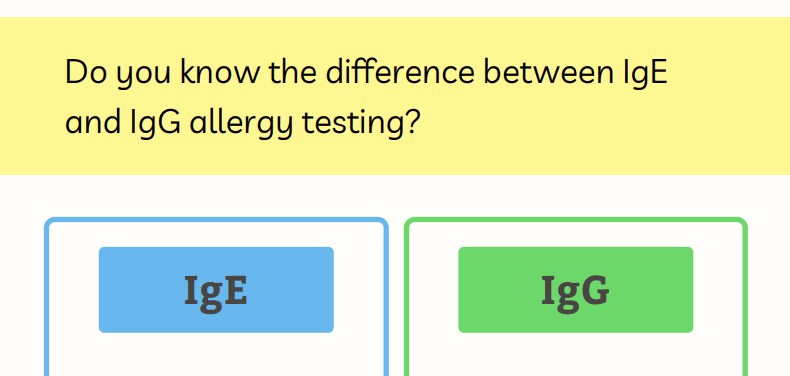
Not All Allergy Testing Is The Same: IgE and IgG Differences
Most doctors will run IgE tests to find any severe reactions to foods, such as breathing issues or hives. IgG tests show delayed, less severe reactions to foods such as eczema patches and/or stomach issues. Food sensitivities may be less severe, but they will wreck...
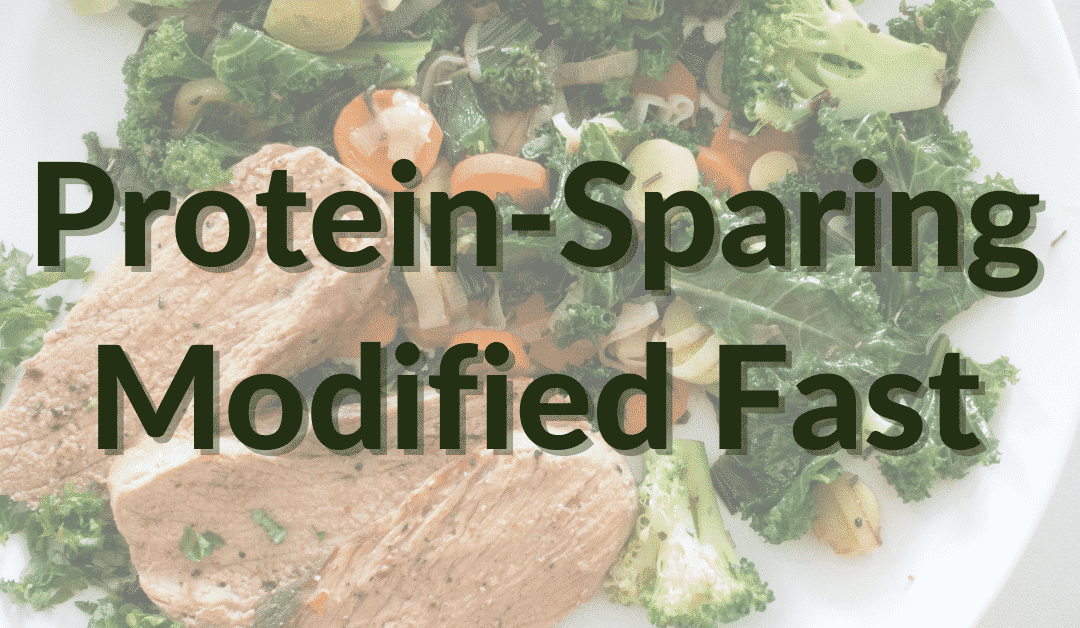
Protein-Sparing Modified Fast for Weight Loss
Hello Friends in Natural Health! Sorry I haven’t sent an update for a while. Keith and I have been busy implementing some more systems geared toward blood testing (to combine with Nutrition Response Testing). Adding the blood testing has helped us with our own health,...

New Years Offer At Sheehan Natural Health
Merry Christmas and Happy New Year! Greetings from Dr. Sheehan and Laura! I hope you had a nice holiday season, spent some time relaxing with the family, and so on. Since both Laura’s and my family live out of state, we stayed here and concentrated on our hiking...
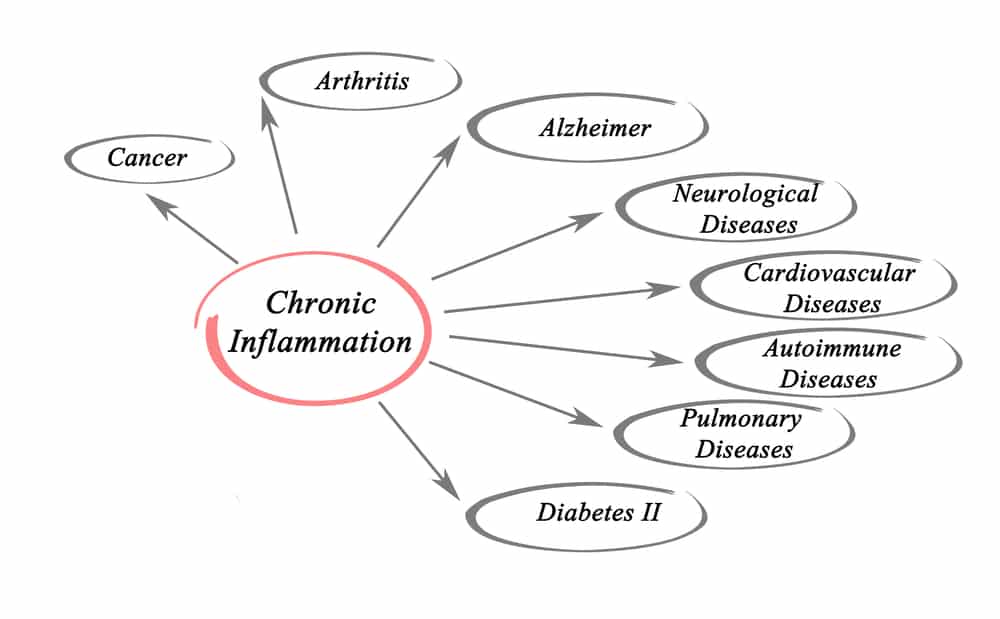
How to Figure Out If You Have Inflammation, and How Much
One of the things that we find all the time in our patients is that they have more inflammation than is healthy. If you look at current studies, and research articles on health, you will see that inflammation is a big part of just about all disease processes,...
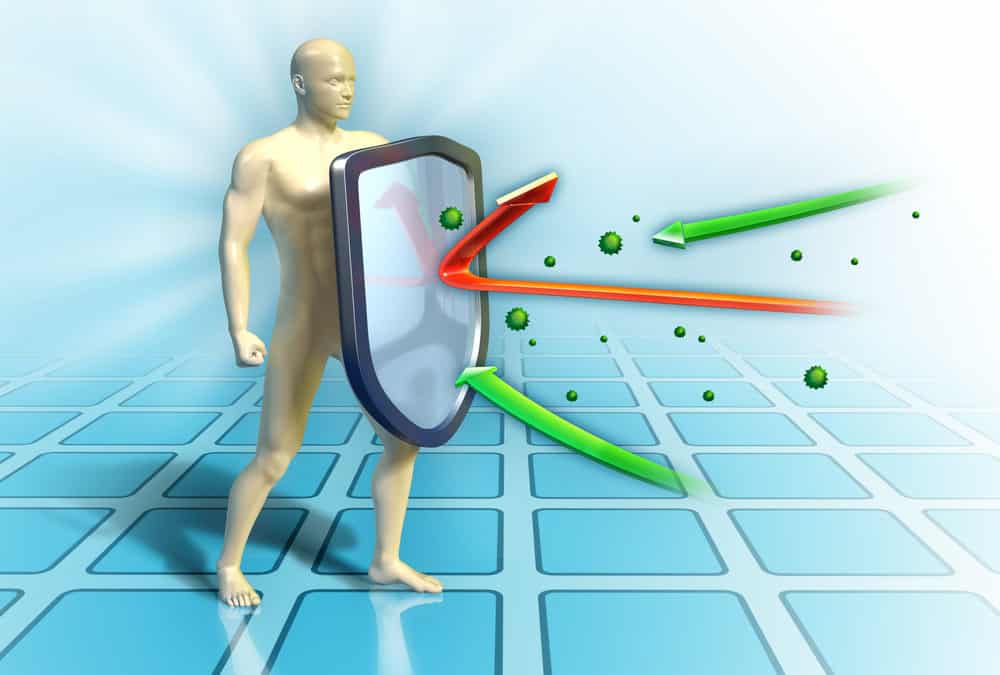
How Do I Keep My Immune System Strong?
The most common question that we get here in the office these days is “how do I keep my immune system strong?” The answer is quite easy: cut out what weakens it and increase what strengthens it. Here's What Weakens The Immune System 1. Sugar Sugar comes in many forms,...

The Page Diet: The Most Effective Diet For Overall Health
What is the Healthiest Diet? If you have been a patient of ours, you probably know there are many dietary strategies that can work very well to get you healthier and feeling better. The best diets out there minimize or eliminate processed foods and stress regular...
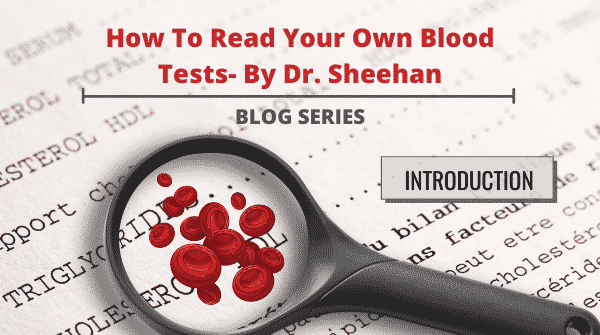
Dr. Sheehan Introduces His New Educational Series: How to Read Your Own Blood Tests
Recently, after taking a long hiatus from blogging and making videos to finish a side project on teaching doctors how to properly read blood tests, I realized I wanted to start blogging and making videos again. However, I wasn’t...

